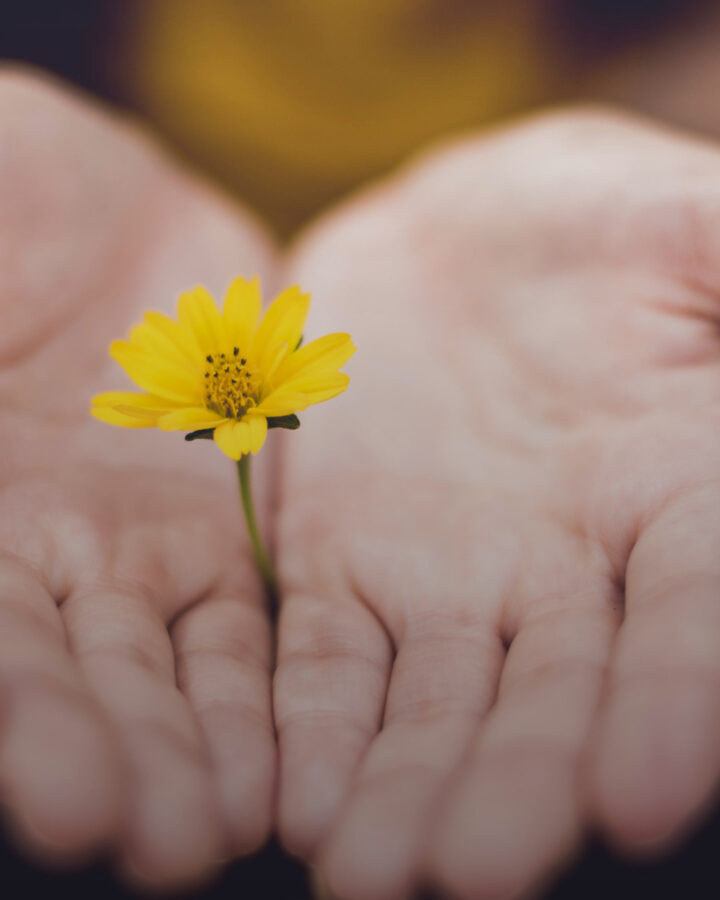Grief is the term used to describe the feelings we may have after suffering a loss. It is natural to feel overwhelmed with emotions like pain, anger and sadness. Sometimes you can even feel numb. Here is a small list of the feelings that can be those of grief –
- Denial
- Shock
- Disbelief
- Crying and Sobbing (sometimes uncontrollably)
- Questions, questions, questions
- Anxiety
- Anger
- Cannot get it together
There are also some physical symptoms like headaches, feeling sick in the stomach, aching muscles, feeling run down, trouble sleeping, feeling tired, having no energy. Sometimes you may become sick more easily.
These feelings can happen at any time and for any length of time. You might have more than one at once. You might feel really good one day and awful the next. You may return to a feeling and go through it again. Sometimes it can feel worse in the morning, or as you are about to go to sleep. Sometimes you might wonder if you will ever feel ‘normal’ again.
You will – gradually feel the pain is with you less often and life finds a new sense of meaning. If you find you are ‘stuck’ in one of these feelings and not gradually moving on over time, it would be a good idea to talk to a professional counsellor about it.
It is important to know that there is no time limit to your grief. Grief is an individual and personal journey
Loss can come into our lives in lots of ways, and it affects each of us differently. One of the biggest and most difficult losses is the death of someone really important to you. This can be a loved one, a friend, a partner or a pet. Other forms of loss can include
- Parents or other important people separating or leaving
- Separation from a parent, both parents and your family
- Separation from friends or your community
- Moving away from home or leaving your country
- Splitting up with your partner
- Being forced to give up something you want to keep (like your job, your child, or your home)
- Losing your job
- Leaving school or university
- Losing the ability to do some things through disability.
- Becoming really sick or seeing someone else become really sick
Even when something happens that appears positive, such as leaving school and starting work, we can experience some feelings of grief for what we’ve left behind. When we have a loss in our life, we go through reactions of grief. These reactions and feelings are different for everyone. You always feel loss in your own unique way.
It is not usually a good idea to make major life changing decisions in the first few months after a loss. It is often better to wait until your life is back in balance again.
TIPS TO HELP
Accept your own feelings – understand that what you are feeling is natural. Let yourself cry, talk about the loss, or have a laugh. Check out the stages of grief. Let yourself feel what you are feeling. The feeling will pass in your own time.
Express your feelings – talk to someone you trust. Write a letter, poetry or a journal. Paint, draw or sing. Express what you are feeling – your fear, your hurt and your loss. Talk about what you have gained by knowing the person or having the experience you have had. Talk about the good and not so good times.
Ceremonies – funerals, ceremonies or memorials can be important. They are opportunities to share your grief with other people or help accept the end of a part of your life. This is an ending of one phase in your life and the beginning of a new one. Maybe you could do something special with friends and family, like have a remembrance meal.
Take each step at a time – live each day as it comes. Understand and accept disruption in your life. Take control of things you can. Understand there are things you have little or no control over. Give yourself permission to grieve
Move forward – what have you learnt from that person, place or experience? What memories do you have? How have they become part of your life? How might you carry these on? How might you share them with children or others? What place might these skills, attributes, stories or knowledge hold in your future?
Support – support is essential. Talk to a friend, family or someone you trust. Sometimes it might feel people ‘don’t understand’ or ‘get sick of your grieving’. It can be useful to talk with a professional counsellor or have a network of supports in your life.
Have a laugh – your sense of humor can be a great tool at any hard time. It is OK to laugh at things you would usually laugh at. Advantages of laughter are that they give you just a little break from the pain and release healthy, healing chemicals into your body.
Celebrate your memory – plant something as a living memorial. Carry or wear something that reminds you of the person who died or the thing you have lost. Create a memory book or journal with photos, stories, pictures or poems. Put up a photo or something else that reminds you of that person. Spend time at a place or doing things that you used to do.
Explore your spirituality – pray, meditate or spend some time with nature. Use your own personal spirituality to explore what death or loss means to you and your spiritual self.
Change – be open to new ways of doing things. When it feels right, start something new. Don’t feel guilty about this, it is part of healing and you will never lose what your relationship with the person you have lost has given you.
Be aware – it is natural to become more dependent on others immediately after a loss. It is not useful to keep this going for a long time. Keep an eye out for signs that indicate that you are not gradually feeling better. Give praise when you do things for yourself.
Reward yourself – be kind to yourself. Do things you like doing. Treat yourself to things that make you happy. When you feel ready, do something to help someone else. Soak up the enjoyment as much as you can, and remember these feelings with a smile
Write down the things you have learnt
- What have you noticed about yourself in this time?
- What have you found hardest?
- How did you over-come the hard things?
- What did you find easiest?
- What does this tell you about yourself?
- What have you learnt about your life?
- What beliefs have you gained, let go of or are new to you?
- How might you use this knowledge in your future?
If you write it down, you will see how you are gradually feeling better.
If you or someone you know does not appear to be moving on after a considered period of time, please don’t hesitate to talk to a professional.
Josephine Byrnes-Luna – Registered Professional Counsellor | Professional Supervisor | Accredited Mediator (NMAS) – (Est 2007) located in Mount Annan (SW Sydney)
www.restorebalance.com.au | josephine@restorebalance.com.au | 0412 263 088











